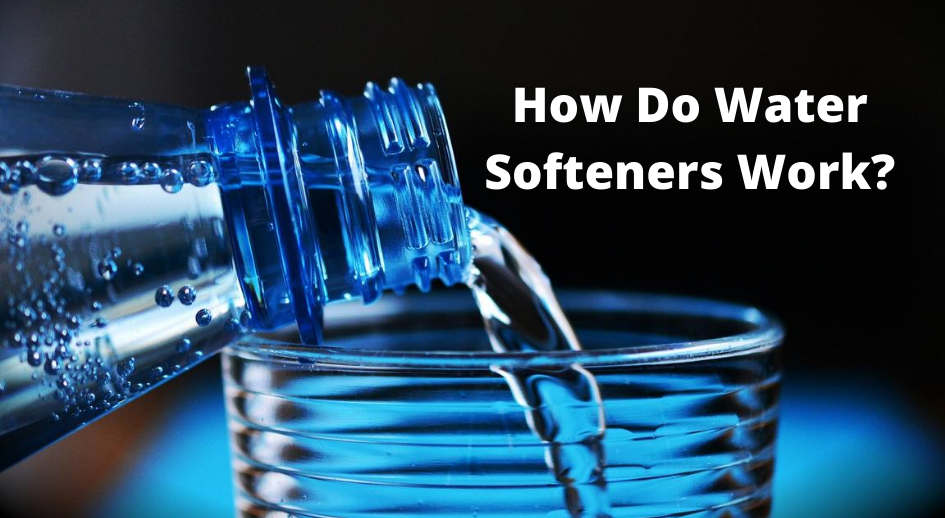
How Do Water Softeners Work?
If you’ve heard the terms hard water or soft water and don’t understand what they mean, learning the difference can help you as a homeowner or if you’re looking to purchase a home.
Hard water contains dissolved minerals, such as calcium and magnesium. It can stain clothing, leave spots on your plates and dishes and stains on your shower or tub, affect the lifespan of your appliances and more. Because of these negative effects, many homeowners choose to treat their hard water with a water softener.
What Is a Water Softener?
Water softeners for homes pump into your water supply to swap out the calcium and magnesium for sodium. This process comes from a mineral tank, where beads with a negative charge sit. The calcium and magnesium carry a positive charge, which the negatively charged beads affect.
When the beads interact with the hard water, the ions of each compound exchange and the hard water moves into the tank. Once the tank reaches a level of hard water, the contents get flushed and replaced.
Water softeners are automated systems that work throughout the day. Many run on a timer, with the tank refreshing automatically after a period of time. If you use all the soft water that’s available before more can get exchanged, you’ll use hard water again. Smarter systems have other controls to ensure a supply of soft water. These controls monitor your water usage to predict when the system should recharge.

With a water softener in place, your appliances will run more efficiently and have a longer lifespan. Plus, you will enjoy several other benefits. While not every homeowner chooses to install a water softener, it is a popular fixture for many.
Water Softener Maintenance
Many people think of water softeners as a chemical treatment, but it’s more of a process. Like other systems and appliances in your home, you have to give your water softener the proper maintenance to continue enjoying soft water.
If you have a water softener system in your home, some signs indicate something is wrong with the system. One of the main signs is trying and failing to get a lather using soap. You may also notice a different taste to your water, buildup on appliances and pipes and problems washing clothes.
After you experience any of these problems, your water softener might need a repair or even a replacement. When you’re looking for a professional you can trust to resolve your water softener problems, choose Ranck Plumbing, Heating & Air Conditioning. We will pinpoint the problem with the system and help you find the best solution for your home.
To learn about the services we have available or schedule a maintenance appointment, please contact us today!